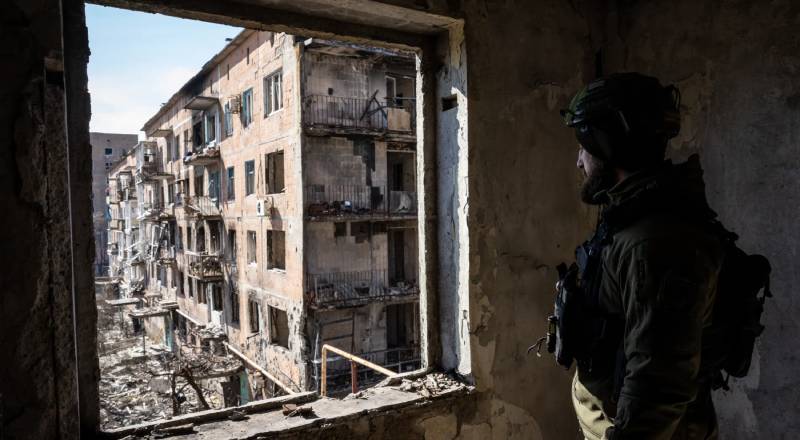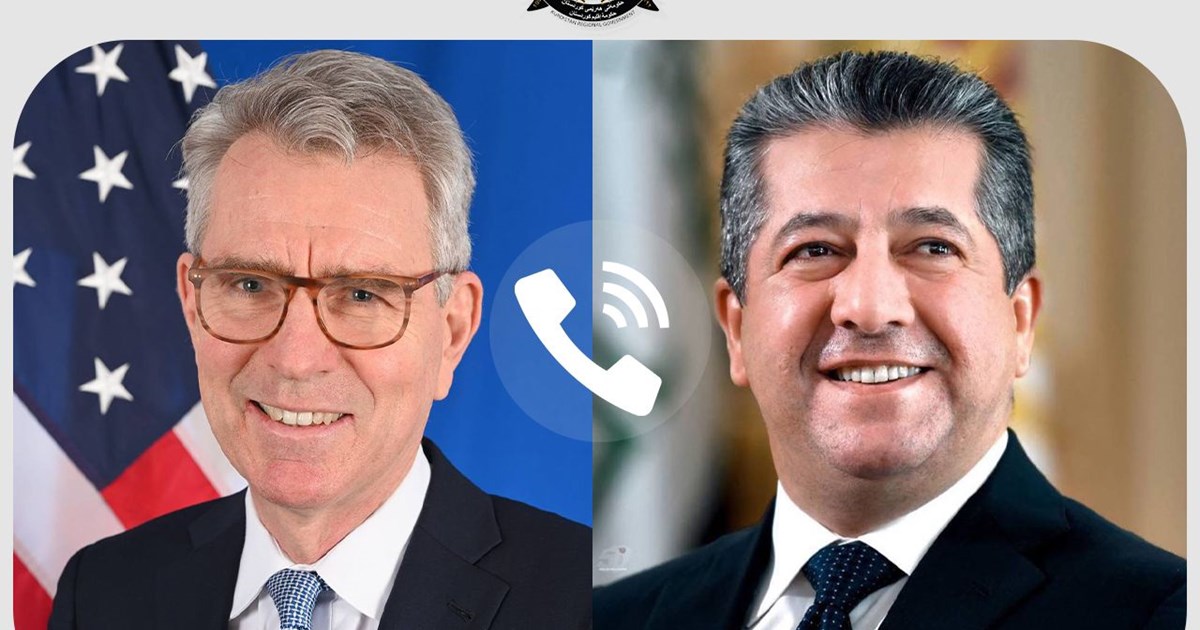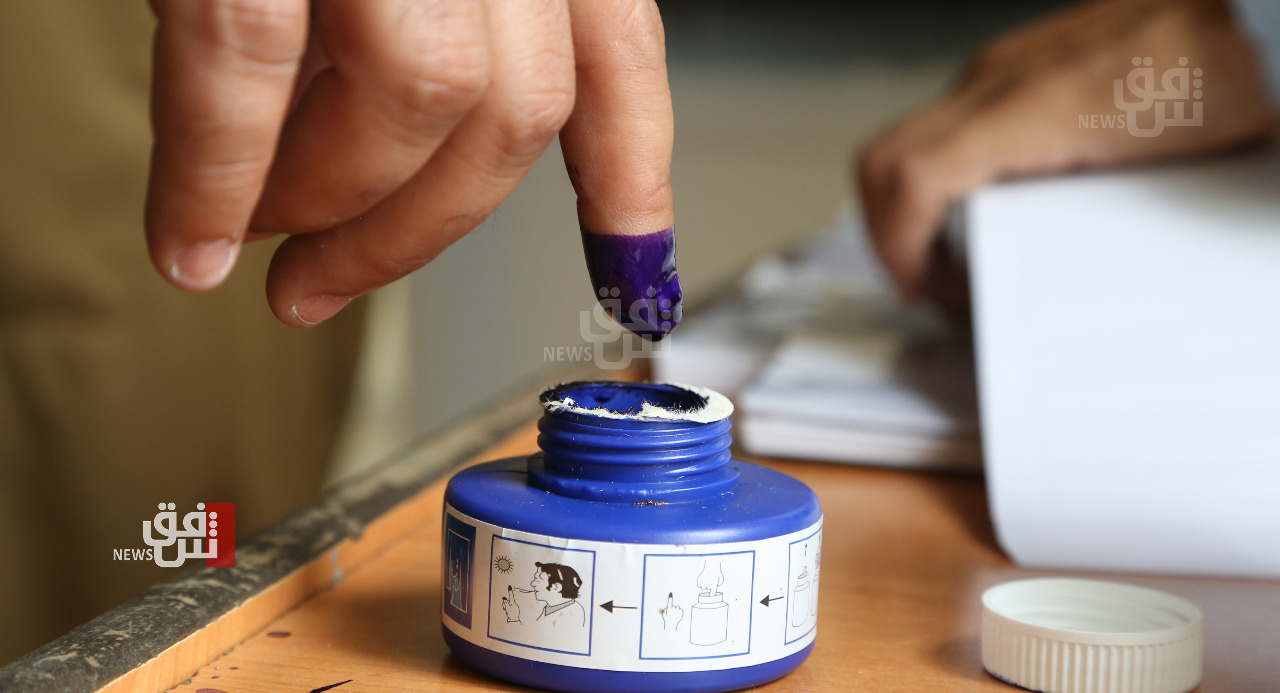A year of turmoil and transformation: The world in 2024

Shafaq News/ The year 2024 will be etched in history as a tumultuousperiod defined by dramatic events that reshaped the global landscape,particularly in the Middle East. Marked by relentless wars, politicalupheavals, and escalating environmental crises, the year witnessed thedestruction of entire cities, the fall of governments, and unprecedented summertemperatures. These developments magnified the existing challenges facingnations and deepened the global sense of urgency for collective action.
Middle East: Escalating Crises
Gaza: A Prolonged Humanitarian Crisis
The Gaza war, which erupted in October 2023, extended into 2024,evolving into one of the most devastating humanitarian crises of the century.Over 200,000 Palestinians were killed or injured, and nearly 2 million peoplewere displaced as Israeli airstrikes relentlessly targeted Gaza in a campaigndescribed by Israeli authorities as an effort to dismantle Hamas.
The scale of destruction and human suffering prompted Western nations,including South Africa, to press the International Criminal Court (ICC) intoaction. On November 21, 2024, the ICC issued arrest warrants for Israeli PrimeMinister Benjamin Netanyahu and former Security Minister Yoav Gallant for“alleged war crimes”, marking a historical moment of accountability in armedconflicts.
Israel’s Escalation in Lebanon
Following its declared success in Gaza, Israel shifted its focus toLebanon, in response to Hezbollah’s missile and drone attacks launched onOctober 8, 2023. By October 2024, Israel initiated a large-scale ground and aircampaign in southern Lebanon and western Bekaa, displacing 1.5 millionLebanese.
The conflict in Lebanon took a dire turn with the deployment ofunprecedented technological attacks. On September 17, 2024, thousands of“pager” devices detonated simultaneously across multiple locations, killing andinjuring thousands, including the Iranian ambassador to Beirut. The next day,explosions linked to wireless communication devices known as “ICOM V82” struckseveral areas, adding to the casualties. Lebanese officials compared thedevastation to the 2020 Beirut Port explosion, describing it as an even greatercatastrophe, further highlighting the magnitude of destruction and loss.
High Profile Assassinations
The Middle East witnessed a series of high-profile assassinations in2024, significantly escalating tensions and altering the regional landscape.These targeted killings not only eliminated key figures but also triggereddramatic retaliatory measures, deepening the ongoing conflicts.
On September 27, 2024, Hezbollah’s Secretary-General Hassan Nasrallahwas killed in a precision Israeli airstrike that devastated a densely populatedneighborhood in Beirut’s southern suburbs. The airstrike, conducted during ahigh-level meeting, also claimed the lives of senior Hezbollah leaders andcivilian residents.
Israeli Prime Minister Benjamin Netanyahu called Nasrallah “thearchitect of Iranian influence,” emphasizing the strategic objective behind thestrike to weaken Tehran’s regional power network.
Earlier, on July 31, 2024, Hamas political leader Ismail Haniyeh wasassassinated in a bold raid on his Tehran residence. The attack occurredshortly after Haniyeh attended the inauguration ceremony of Iran’s newlyelected President Masoud Pezeshkian, a move Iranian officials condemned as aviolation of their sovereignty. Israeli operatives reportedly used advancedprecision-guided munitions to target Haniyeh’s location, with Israeli DefenseMinister Israel Katz later confirming the operation.
The assassination of Haniyeh prompted an unprecedented response fromIran. Within hours, Tehran launched 200 ballistic missiles at Israeli militaryinstallations, marking the largest missile barrage in the region’s history. Theattacks caused significant damage to strategic bases, although Israel reportedminimal casualties due to preemptive evacuations.
In Gaza, Israeli forces expanded their campaign by targeting YahyaSinwar, the new leader of Hamas. Sinwar, known for his operational acumen andhardline stance against Israel, was killed during a military confrontation withIsrael.
The assassinations, while strategically aimed at weakening adversarialleadership, have fueled a cycle of retaliation and unrest across the region.Hezbollah vowed to avenge Nasrallah’s assassination, while Iran has increasedits support for proxy groups in Lebanon and Gaza. Meanwhile, displacedcivilians face dire conditions, further compounding the humanitarian toll ofthe ongoing conflicts.
Syria: A Regime’s Collapse
The crises of 2024 transcended the already intense conflicts in Gaza andLebanon, spreading to Syria, which underwent a dramatic transformationunparalleled in its modern history. Shortly after a ceasefire between Israeland Lebanon, a new front erupted in Syria, as opposition forces launched alarge-scale offensive against the regime of President Bashar al-Assad.
The offensive was spearheaded by Hayat Tahrir al-Sham (HTS), under theleadership of Abu Muhammad al-Julani, who was later identified as Ahmedal-Sharaa. Collaborating with other groups such as the Turkish-backed factionsthat fall under the umbrella of the Syrian National Army, the opposition forcesexecuted a coordinated assault that overwhelmed Bashar Al-Assad’s regime.
In a matter of weeks, major Syrian cities, including Aleppo, Hama, Homs,and Daraa, fell in rapid succession. The offensive culminated in the capture ofDamascus, marking the definitive collapse of Al-Assad’s government.
This swift downfall exposed the fragility of a regime that had enduredover a decade of war and raised critical questions about the underlying factorsthat contributed to its sudden demise.
Amid the chaos, President Al-Assad fled the country, seeking refuge inMoscow. His departure marked the end of the Baath Party’s nearly 60-year rule,sending shockwaves across the region and creating a political and securityvacuum with far-reaching implications.
The collapse of the Syrian regime sparked widespread concern amongregional and global powers, each grappling with the potential fallout.
In Moscow, losing Syria as a strategic ally was a significant blow toRussia’s influence in the Middle East. For years, Moscow had been a staunchmilitary and diplomatic supporter of Al-Assad’s regime, and its downfallrepresented a critical setback to Russia’s regional ambitions.
In Tehran, Al-Assad’s removal from power dealt a severe blow to Iran’sgeopolitical strategy. As a cornerstone of the so-called “Axis of Resistance”,Syria had played a pivotal role in facilitating Iranian influence andlogistical support to Hezbollah and other proxy groups.
With Al-Assad gone, Iran faced a strategic recalibration to maintain itsregional foothold.
Meanwhile, in Baghdad, authorities grew increasingly alarmed at thepossibility of armed factions crossing into Iraq, a scenario that riskedreigniting sectarian violence and destabilizing the country’s fragile securitysituation. The specter of renewed insurgency loomed large, with officialscalling for heightened border security to prevent infiltration.
Political Shocks in the Americas
As the Middle East faced relentless turmoil in 2024, the Americasexperienced their own share of political shocks and dramatic transitions,ranging from assassination attempts to landmark elections that reshapednational trajectories.
In the United States, tensions reached a critical point on July 13,2024, when Republican presidential candidate Donald Trump survived anassassination attempt during a campaign rally in Pennsylvania. A lone gunman,positioned in a building 120 meters away, shot Trump in the right ear.
The quick actions of Trump’s security team neutralized the shooter,averting a potential catastrophe.
Meanwhile, Mexico faced its bloodiest electoral process in history, as37 political candidates were assassinated in the lead-up to the polls.
Despite the wave of violence, the elections culminated in a historicmilestone, with Claudia Sheinbaum emerging as Mexico’s first female president.Her victory offered a glimmer of hope amid the turmoil, symbolizing progress ina nation struggling with entrenched violence.
A Democratic Ray of Hope Amid Global Chaos
Amid the relentless crises, moments of democratic progress provided acounterbalance.
In Indonesia, Prabowo Subianto was elected president on February 14, 2024,securing a first-round victory that reinforced Indonesia’s dedication todemocratic continuity. His leadership promises to guide the world’s largestMuslim-majority nation through regional and domestic challenges.
In India, a staggering 968 million voters participated in parliamentaryelections. Prime Minister Narendra Modi retained power, albeit through acoalition government, signaling shifting political dynamics in the country.
In Russia, President Vladimir Putin secured a fifth term in office inMarch 2024, sparking debates about democracy’s future in the nation. Meanwhile,in Taiwan, Lai Ching-te of the Democratic Progressive Party won the presidencyon January 13, 2024, advocating for independence from China. His victoryalarmed Beijing, which had supported the more China-friendly candidate, HouYu-ih.
Europe: Political Upheaval and the Surge of the Far-Right
The European Parliament elections in June 2024 marked a significantshift in the continent’s political landscape, with far-right and populistparties gaining traction in several countries.
In France, the results forced President Emmanuel Macron to dissolve theNational Assembly and call for new legislative elections. Over the year, Francecycled through four successive governments, led by Élisabeth Borne, GabrielAttal, Michel Barnier, and the current Prime Minister François Bayrou.
In Britain, a political shift of historic proportions saw Keir Starmer,leader of the Labour Party, win the general election, ending 14 years ofConservative rule. Starmer’s victory signaled a new chapter for Britishpolitics and reflected the public’s growing desire for change.
Trump’s Return: A Seismic Shift in American Politics
One of the most dramatic developments of 2024 was Donald Trump’s returnto the US presidency, defeating Democratic Candidate Kamala Harris in acontentious election. Despite facing criminal convictions for corruption andconspiracy tied to the 2020 election results, Trump made history as the firstformer president to be convicted and later re-elected.
He secured 312 Electoral College votes to Harris’s 226, with Republicansreclaiming both chambers of Congress.
Trump’s victory has already sparked significant international concernsas he prepares to return to the White House on January 20, 2025. His polarizingrhetoric and hardline positions have raised alarms worldwide, with nationsbracing for the potential impact of his policies:
China faces the possibility of a revived trade war, threatening economicstability.
NATO and Europe anticipate strained relations, particularly overconcerns that US support for Ukraine could waver.
Israel, on the other hand, expects steadfast backing from Trump,particularly amidst escalating tensions in the Middle East.
Panama, Canada, and Greenland were rattled by provocative statements,including Trump’s reference to the Panama Canal, his description of Canada asthe “51st state,” and his suggestion of annexing Greenland.
Humanitarian Crises
According to a recent report by UNICEF, the percentage of childrenliving in conflict zones has almost doubled since the 1990s, rising from 10% to19%. This equates to approximately 473 million children—or one in sixglobally—living in areas plagued by war and unrest. The figure reflects theworsening global humanitarian conditions as violent conflicts persist withoutresolution, compounding the vulnerabilities of young populations.
Record-Breaking Heat and Environmental Disasters
The European Copernicus Climate Change Service confirmed that summer2024 was the hottest on record, with global temperatures exceedingpre-industrial levels (1850–1900) by 1.66°C. This unprecedented heat was drivenby human-induced climate change and the El Niño phenomenon, which alsocontributed to a spike in extreme weather events around the world.
The year was marked by a series of devastating natural disasters thatleft lasting scars on affected regions.
Wildfires consumed thousands of hectares across South America,destroying ecosystems and displacing communities.
Earthquakes and volcanic eruptions struck various regions, causingwidespread devastation.
Floods wreaked havoc across multiple countries:
In Yemen, unprecedented flooding in August displaced thousands anddestroyed infrastructure.
Saudi Arabia faced severe flash floods in Medina, prompting emergencyresponses.
Morocco endured destructive floods in September, leaving severalcommunities devastated.
Indonesia’s Sumatra Island suffered from combined volcanic eruptions andflooding.
The Philippines, Vietnam, and Florida, USA, were battered by typhoonsand hurricanes.
In eastern Spain, severe floods struck in October, disrupting lives andeconomies.
In the Democratic Republic of Congo, a massive landslide triggered ahumanitarian disaster, further compounding the region’s challenges.
Scientific and Sporting Milestones Amid Turmoil
Despite the global crises, 2024 also witnessed remarkable achievementsin science and sports. On June 2, 2024, China reached a significant milestonein space exploration with its Chang’e-6 lunar probe successfully landing on themoon’s far side. This mission marked the first time humanity collected rock andsoil samples from this hidden lunar region, advancing humanity’s understandingof lunar geology and heralding a new era in space research.
In the world of sports, Saudi Arabia was awarded hosting rights for the2034 FIFA World Cup, becoming only the second Arab nation to host theprestigious event after Qatar.
As regional and international crises continue to escalate, a pressingquestion lingers: can nations set aside their divisions and unite to confrontthe challenges threatening the planet and humanity’s future?



